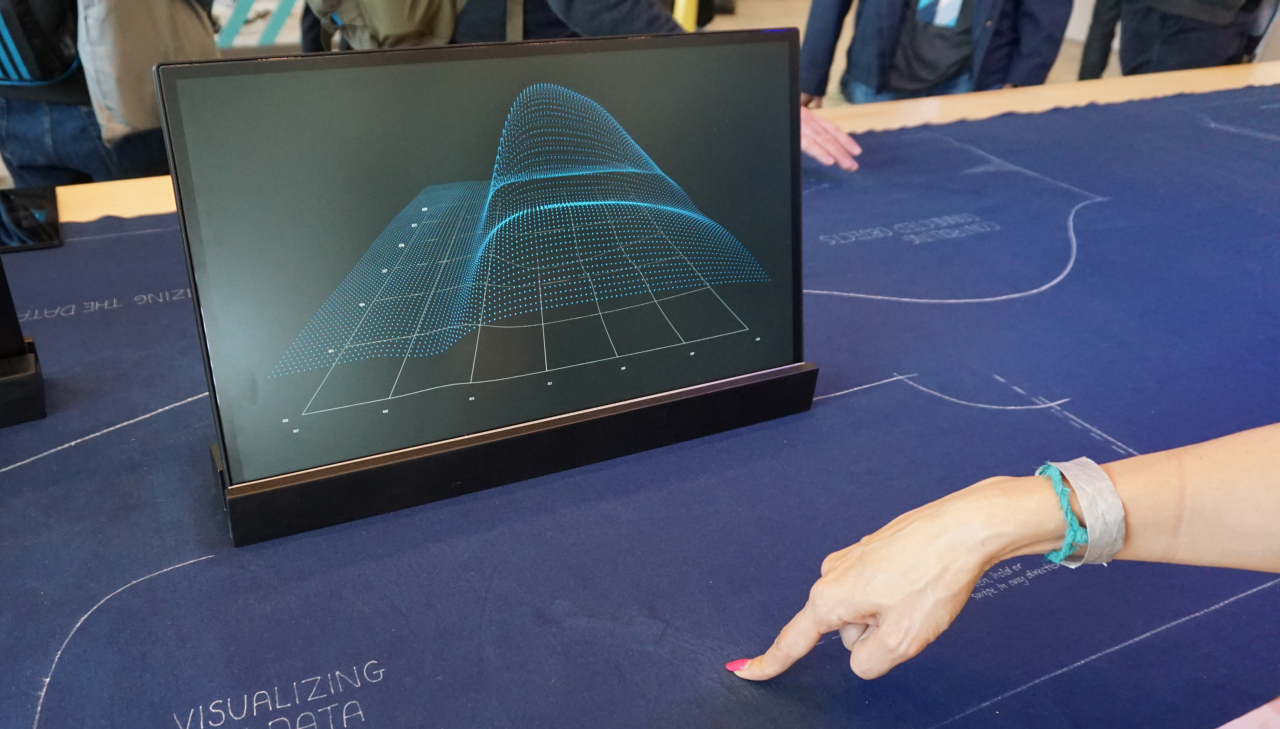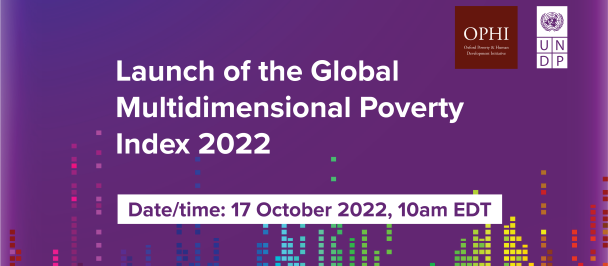Support to Development of a Policy Framework for Total Factor Productivity in Turkey
What is the project about?
The project is about producing a policy framework for Total Factor Productivity in Turkey.
Total Factor Productivity (TFP) is a major source of growth apart from expansions in volumes of labor and capital. Turkey has not taken the advantage of TFP growth so much as the other developing countries and studies show that the productivity gap between large and small firms in Turkey is much higher than the gap in the developed countries. Moreover, there are some studies that underscore substantial regional differences in TFP growth in Turkey. The objective of this project is to boost TFP in the Turkish manufacturing industry by focusing especially on enhancing productive capacities of SMEs and strengthening the involvement of domestic firms both in global and local value chains.
What has been the situation?
Being the key determinant of competitiveness, the productivity plays a crucial role in sustainable and stable growth in developing countries. However, the level of productivity thus total factor productivity is low in Turkey. In the last two decades (1981-2012) the contribution of total factor productivity to Turkey’s average annual growth of 4.3% was limited to 0.2 points which the low contribution is mainly attributable unproductive SME sector. The situation puts an intense pressure on Turkey’s sustainable economic growth and competitiveness.
What is our mission?
Our project mission is to identify the factors that hinder the capacity increase in Total Factor Productivity in Turkey and develop a macro-level policy framework that would boost total factor productivity in a way it will be developed and operationalized.
How are we doing this?
Our initial focus has the medium-term perspective to policy proposals and solutions through field surveys and analytical research. In order to assess the factors limiting or driving TFP, we will focus on SME-level performances. Our objective is to reach minimum 3,000 companies through surveys and to engage more than 40 institutional stakeholders via working groups, scientific committee, etc.
Our framework research design will be three-layered aiming at determining TFP limiting parameters over the selected manufacturing sectors; productivity related internal and external factors implying the needs of parallel policy development and domestic parameters having an impact on TFP. The internal factors that limit/drive productivity for each value chain will be identified by statistical methods.
Synthesis of the outcomes is expected to suggest interlinkages among factors, policies, and the resultant TFP. These constitutes a set of structural relations as a formulation. Policies on at least two general levels, (a) macro level (country) and (b) micro level (sector or product platform or regional) may be distinguished to help in the development of the policy framework.
The policy utilizing the framework, and the follow-up activities after the policy will be in place. These will be realized in pilot studies. Pilot studies are likely to help in identifying the strengths and weaknesses of the policy setting.
How will Turkey benefit?
The Ministry of Development will be the final beneficiary who will own the policy framework. Furthermore, the manufacturing industry representatives and overall economic actors will also be among the other beneficiaries to be affected by the policy framework.

 Locations
Locations



